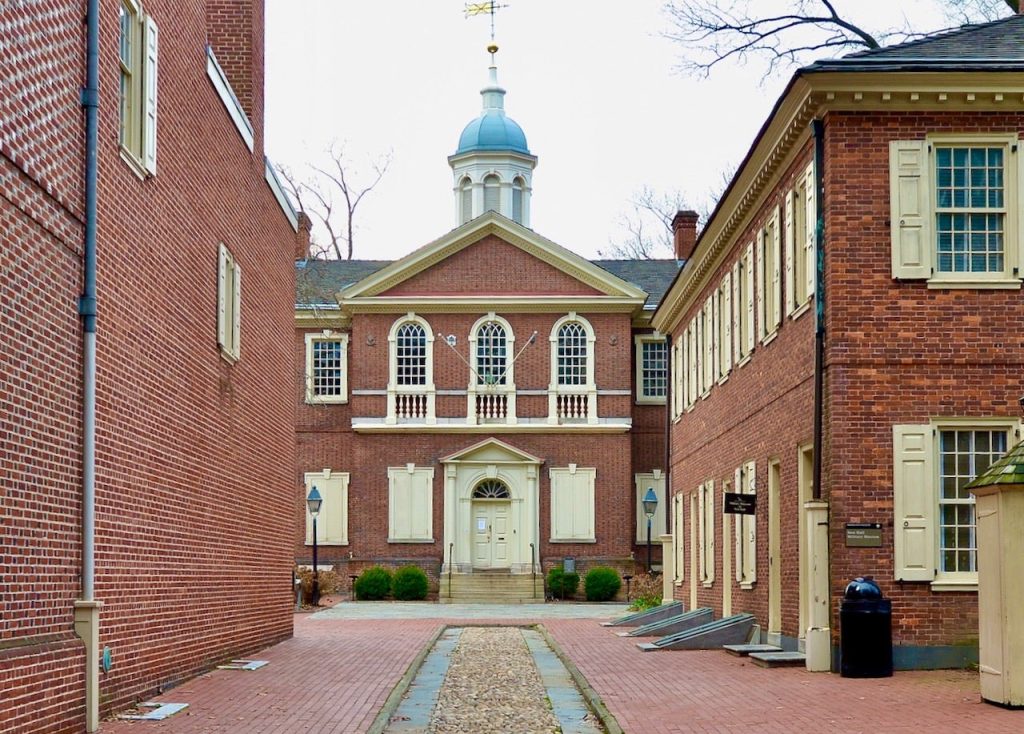The First Continental Congress took place on September 5, 1774, in Philadelphia. It was attended by prominent figures such as John Adams, Samuel Adams, Patrick Henry, John Jay, and George Washington. The gathering was prompted by the escalating conflict between Parliament and Boston, which culminated in the Intolerable Acts of May 1774, following the Boston Tea Party in December 1773. The Congress was seen as a unified response by the colonies to Britain’s punitive measures and a bold assertion of American autonomy.
Colonial leaders were taken aback by the Intolerable Acts and recognized the need for a coordinated colonial response to British oppression. The Congress was viewed as a significant step towards asserting American independence in the face of increasing hostility from Britain. Delegates from 12 of the 13 original colonies participated in the Congress, which lasted until October 26, 1774. Despite differing opinions on how to respond to British policies, the delegates managed to produce several important outcomes, including the adoption of the Suffolk Resolves.
The Suffolk Resolves, adopted by the Congress on September 17, called for Massachusetts to boycott British goods, renounce allegiance to the crown, and stockpile military supplies. This decision was met with enthusiasm by John Adams, who believed it signaled America’s willingness to support Massachusetts in its struggle against British tyranny. The events leading up to and following the Congress laid the groundwork for the American Revolution, which officially began with the battles of Lexington and Concord on April 19, 1775.
The Second Continental Congress convened in 1775 amidst the escalating conflict with Britain, with the American Revolution already underway. On July 4, 1776, the Second Congress declared America’s independence from Great Britain, marking a significant turning point in the fight for autonomy. The actions and decisions made during the First Continental Congress set the stage for the events that followed and played a crucial role in shaping the course of American history. The Congress served as a symbol of unity and defiance among the colonies, paving the way for the birth of a new nation founded on principles of liberty and self-government.
The First Continental Congress represented a pivotal moment in American history, as colonial leaders came together to resist British oppression and assert their rights to self-governance. The Congress laid the foundation for the American Revolution, inspiring a spirit of unity and defiance among the colonies in the face of increasing hostility from Britain. The decisions and actions taken during the Congress set the stage for the events that followed, ultimately leading to America’s declaration of independence and the birth of a new nation. The courage and resolve shown by the delegates at the First Continental Congress continue to inspire reverence and admiration for their role in shaping the course of American history.













